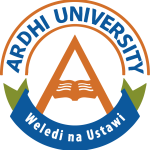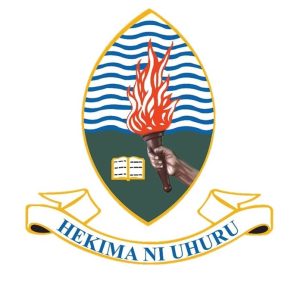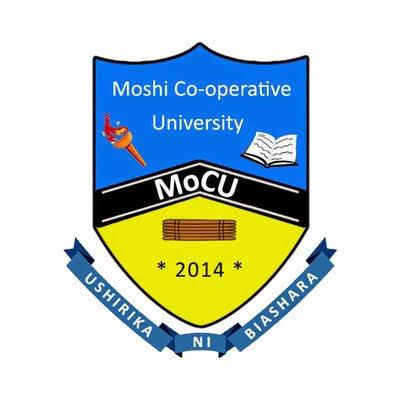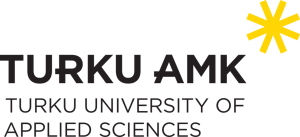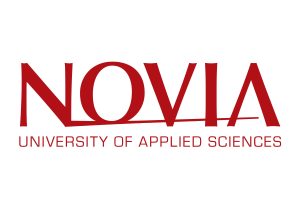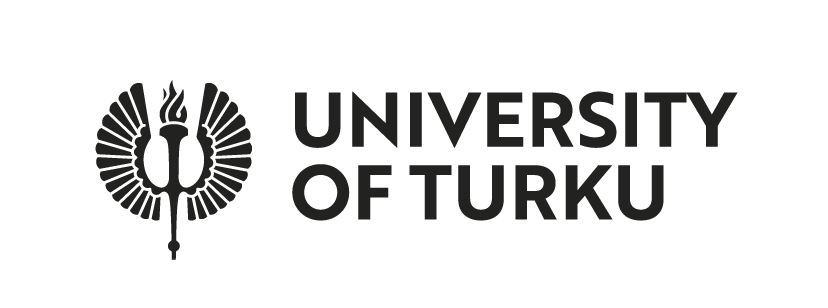Multi-Competence Learning (MCL) playbook
Localising MCL
If you would like to organise MCL in your own institute, read examples of successful implementations of MCL from MCL in action page.
The overall flow and program phases are explained on the Program and concepts page, but it is necessary to customise the program for your own needs and context. It is important to choose an appropriate time for the MCL: take into consideration the organisations involved, the flow of the academic year as well as the rhythms of natural and societal processes to be addressed in the MCL.
Plan the whole process before starting and document the progress while working with MCL. After the MCL, go through the documentation, learn together and plan for the next round. Read through these examples our tips for MCL customization.
Stakeholder cooperation
To tackle the real world challenges, it is important to identify and engage societal stakeholders to collaborate with your mentors and students from the very beginning of the MCL.
For wide and complex umbrella challenges stakeholders are multiple, and their relationship to your challenge is likely to be different. Thus, significant emphasis should be placed first on the identification and then engagement of key stakeholders. It is also important that students have real contact with those stakeholders, who are directly related to their actionable problem.
Using tools, such as a stakeholder canvas map to identify major stakeholder groups, is advisable. Employ stakeholder analysis as a tool to comprehend the diverse interests of stakeholders involved. Conduct stakeholder interviews to discover common ground and actively involve stakeholders in the overall process of MCL.
Address the critical aspects of stakeholder communication. Foster and maintain a culture of respectful and mutually beneficial communication. Tailor communication tools and modes to suit the diverse needs of stakeholders.
Grouping students and supporting teamwork
Pay attention to the formation of student groups so that the formed groups have versatile skills and the group dynamics work well. Facilitate group formation discussions covering members' backgrounds, professional skills, process goals, work methods, preferred roles, and decision-making support.
Clarify roles and responsibilities to foster an environment of emotional safety for open communication and experimentation. Introduce collaborative tools for brainstorming and co-creation, ensuring guidelines, schedules, and rules are in place.
Establish a feedback loop through regular meetings for group progress presentations and mentor feedback. Adapt based on the feedback received and address conflicts, including dominance, power relations, incompatible working methods, communication issues, delays, and potential free riders.
Conclude the process with a structured reflection on the learning experiences.
Milestones and deliverables of the students
MCL is primarily designed as a learning experience for the students and thus it is important to think how do you structure the learning journey and what tangible outputs students are expected to produce personally and as a team.
This of the MCL overall flow and phases/section 2 and get familiar with practical examples/Section 3
Important student deliverables to consider when customising the program are:
- Motivation letters are valuable means to understand expectations of the students when they decide to enrol MCL
- Self-introduction and introduction of your own team….
- Analysis of the umbrella challenge as a system
- Stakeholder interviews and community insights
- Actionable problem analysis (using canvas)
- Peer-reviewing
- Solution ideas (using canvas)
- Data and technology review
- Final presentations
- Self-assessment
- Technical demo
